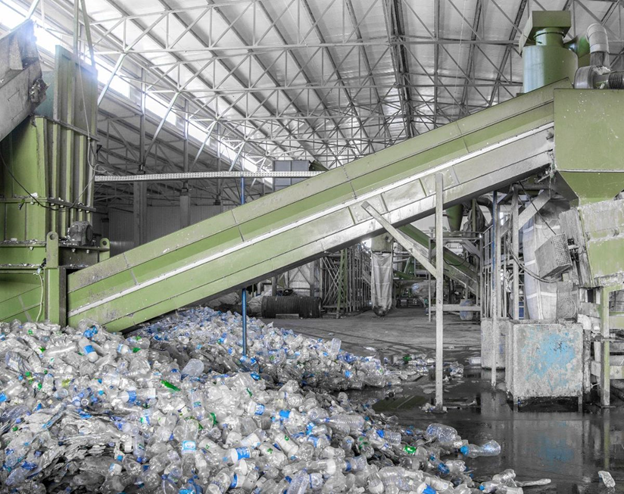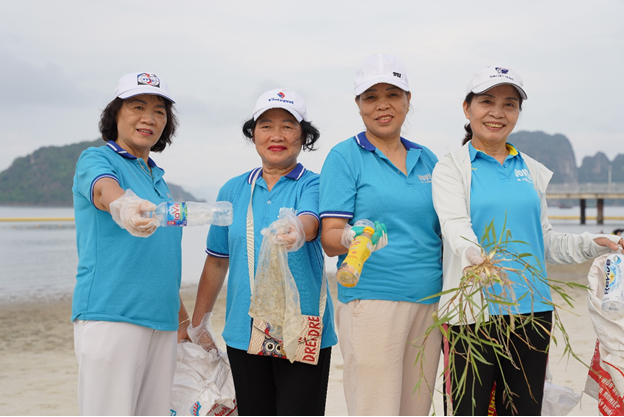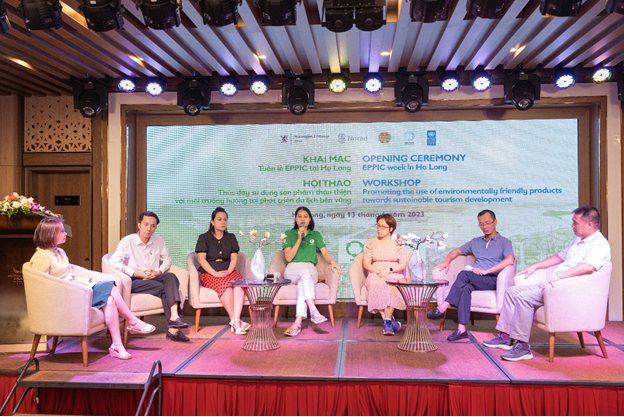Innovations towards a global plastic treaty
The ongoing negotiations for adoption of a global plastics treaty calls for pragmatic actions from stakeholders ranging from member states to international enterprises, investors, and organizations. Achieving a global framework that can encourage responsible production, consumption, and waste management requires transformations in order to reduce plastic waste generation and develop environmentally friendly alternatives. Innovations are needed to provide effective and practical tools and approaches to address the plastic pollution crisis.
There are three key features proposed in the treaty. First, the concept of Extended Producer Responsibility (EPR) requires manufacturers to account for their products from production to disposal. It will ask all producers to actively innovate their packaging designs and technologies with more sustainable practices. Second, global collaboration and technology sharing among nations, stakeholders, and experts have been highlighted in order to accelerate the development of advanced technologies and green alternatives to replace traditional plastics. Third, the circular economy has been advocated to optimize waste values and mitigate waste disposal. This approach can promote the reuse of plastic materials, recycling, and repurposing, as well as eco packaging.
In May 2023, rePurpose and The Ocean Cleanup convened about 60 members to form the Innovation Alliance for a Global Plastics Treaty (IAGPT). This alliance has united a global group of startups, innovation champions, and scientific councils to leverage collective expertise and resources from its members to solve plastic pollution challenges worldwide. Its founding members, including AMP Robotics, Ocean Bottle, Sway, SecondMuse, Recykal, Sustainable Ocean Alliance, and CruzFoam, have been conducting activities in over 12 countries through innovative solutions to deal with plastic waste problems. By bringing together different stakeholders through the innovation ecosystem, the alliance potentially drives meaningful changes globally.
Regarding the preparedness of the business and development sectors in Viet Nam for a global plastics treaty, including innovators, start-ups, champions, innovators, and philanthropies, some producers and innovators have initiated work plans and strategies for turning challenges into opportunities. As shown in the Viet Nam NPAP Plastic Talk series 2 entitled “How business can contribute to a global plastics treaty”, some multinational corporations and large companies have adopted strategies to actively advance their technologies in packaging, such as bottle-to-bottle circular or deposit return schemes, to increase the rate of plastic waste collection and segregation to improve the waste recycling, or to apply a plastic circular economy model for their brands. A range of incubation and acceleration programs have tested and scaled up innovative ideas and start-ups, such as UNDP’s Ending Plastic Innovation Challenge (EPPIC), the Plastic Pollution Innovation Challenges, CSIRO’S Indo-Pacific Plastics Innovation Network (IPPIN), or the Hue Innovation Challenge to mitigate plastic waste. However, more efforts are still required to connect and integrate various programs to effectively promote innovations as a key piece of the comprehensive intervention puzzle against plastic pollution.
The establishment of a platform like Viet Nam NPAP holds great significance as it allows for the sharing and exchange of technologies and innovations among multiple stakeholders. This collaboration fosters the development of a comprehensive and pragmatic solution for supporting the Vietnamese government in achieving its national targets against plastic pollution and successfully implementing the global plastic treaty once it is adopted.








